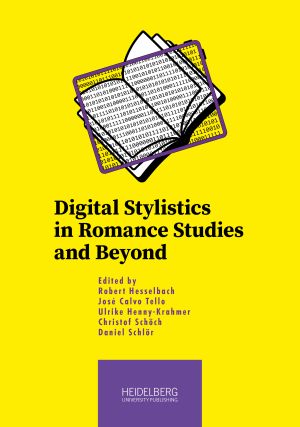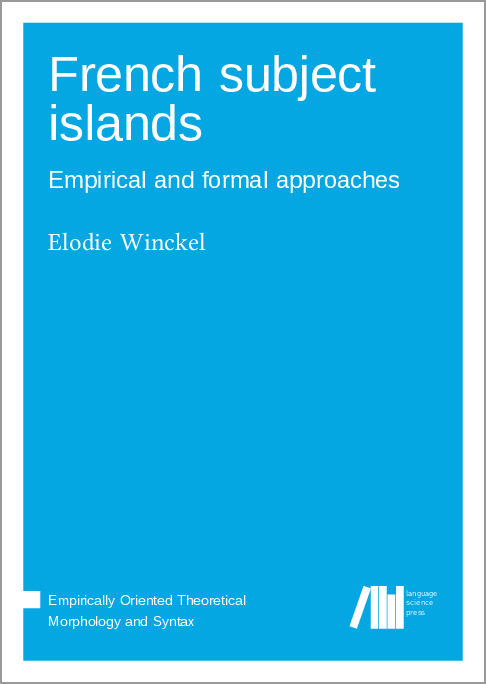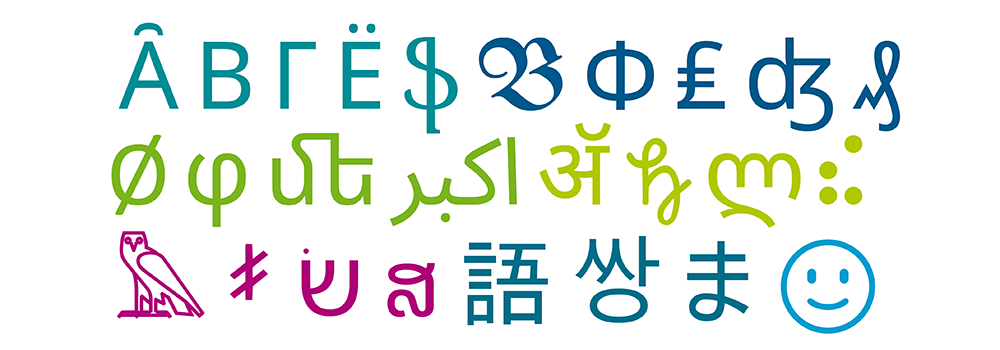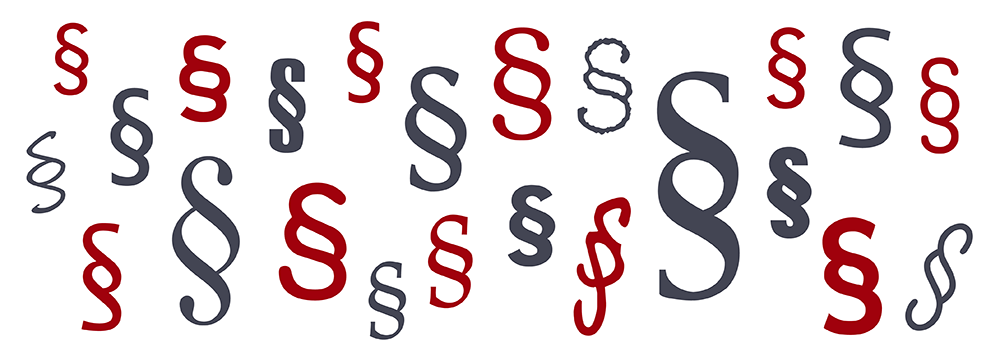In der letzten Zeit sind u.a. diese frei verfügbaren Titel erschienen:
Digital Stylistics in Romance Studies and Beyond

Robert Hesselbach, José Calvo Tello, Ulrike Henny-Krahmer, Christof Schöch, Daniel Schlör (Hrsg.)
https://doi.org/10.17885/heiup.1157
Die digitale Stilistik ist ein Forschungsbereich an der Schnittstelle von Literaturwissenschaft, Linguistik, Digital Humanities und Computational Literary Studies. Sie ist mit der computergestützten und statistischen Analyse des literarischen Stils sowie des Stils im Sprachgebrauch befasst. In diesem Band finden sich Forschungsarbeiten zur digitalen Stilistik aus der Romanistik und darüber hinaus, die zu neuen Methoden und Anwendungen in verschiedenen Sprachkontexten und Literaturen beitragen. Alle Forschungsergebnisse basieren auf der empirischen, computergestützten Analyse literarischer Korpora, die ausgewählt wurden, um Gattungen oder Untergattungen der Lyrik, des Dramas und der Prosa vom 19. bis zum 21. Jahrhundert zu analysieren.
Expressing Surprise at the Crossroads: Mirativity, Exclamativity and Cooptation in Romance Languages
Susana Rodriguez Rosique (Hrsg.)
https://doi.org/10.1515/9783111386683
Expressing Surprise at the Crossroads has as its aim to evaluate the impact of mirativity in Romance languages or –expressed differently– to determine how these languages apprehend surprise and related notions as linguistic devices.
The different contributions included in the book point to revealing conclusions concerning the status of surprise in Romance as well as the place that mirativity occupies (if any) in the grammar of these languages. In this vein, the volume tries to answer questions such as to what extent do interactional contexts influence the development of mirative structures or how is the solidarity synchrony / diachrony reflected in mirative constructions.
French subject islands: Empirical and formal approaches

Elodie Winckel
https://langsci-press.org/catalog/book/362
https://doi.org/10.5281/zenodo.11635096
This book examines extractions out of the subject, which is traditionally considered to be an island for extraction. There is a debate among linguists regarding whether the “subject island constraint” is a syntactic phenomenon or an illusion caused by cognitive or pragmatic factors. The book focusses on French, that provides an interesting case study because it allows certain extractions out of the subject despite not being a typical null-subject language. The book takes a discourse-based approach and introduces the “Focus-Background Conflict” constraint, which posits that a focused element cannot be part of a backgrounded constituent due to a pragmatic contradiction. The major novelty of this proposal is that it predicts a distinction between extractions out of the subject in focalizing and non-focalizing constructions.
The central contribution of this book is to offer the detailed results of a series of empirical studies (corpus studies and experiments) on extractions out of the subject is French. These studies offer evidence for the possibility of extraction out of the subject in French. But they also reveal a clear distinction between constructions. While extractions out of the subject are common and highly acceptable in relative clauses, this is not the case for interrogatives and clefts.
Finally, the book proposes a Head-Driven Phrase Structure Grammar (HPSG) analysis of subject islands. It demonstrates the interaction between information structure and syntax using a representation of information structure based on Minimal Recursion Semantics (MRS).




Schreibe einen Kommentar